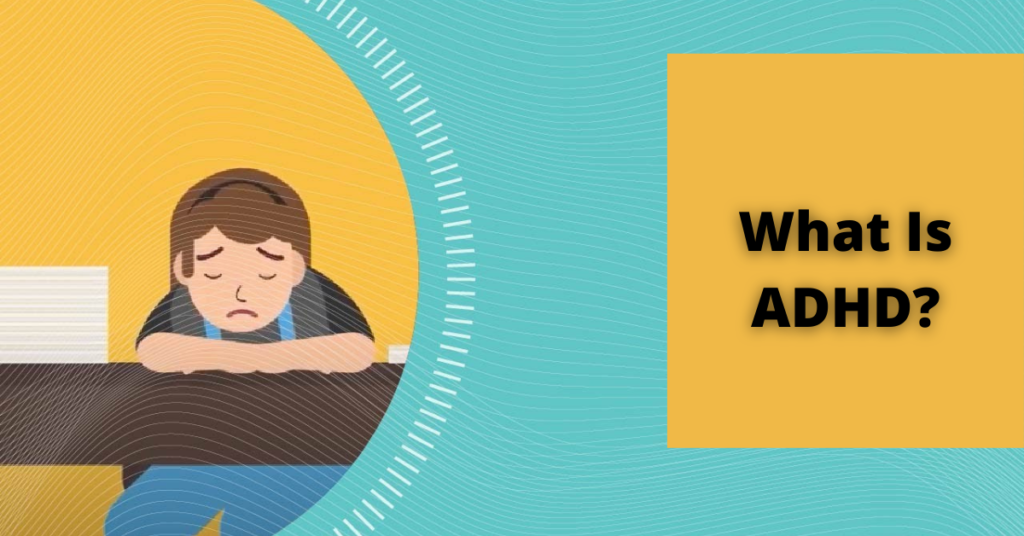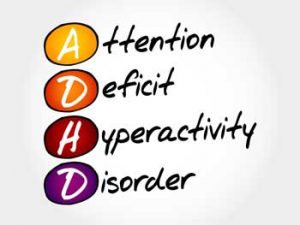ADHD is a neurological disorder that affects the ability to pay attention, control behavior, and focus on tasks. Some people have a condition that makes life difficult for them. They can lead a satisfying life with the right treatment. This blog post will explore what ADHD feels like and how you might be able to cope with it better.
Contents
What Is ADHD?
Attention Deficit Hyperactivity Disorder (ADHD) is a mental disorder that affects how people think and behave. ADHD is characterized by problems with focus, hyperactivity, and impulsiveness. These symptoms can make it difficult for people with ADHD to complete tasks, control their emotions, and socialize with others.
For people with ADHD, every day can be a challenge. They may feel like they are constantly racing to keep up, and that everything is moving too quickly for them. This can lead to feelings of anxiety and frustration. People with ADHD may also have trouble controlling their impulses, which can result in risky behaviors or problems with relationships.
Different Types Of Adhd
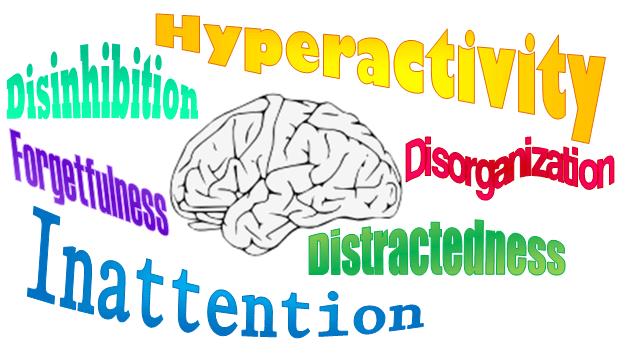
There are three types of ADHD:
Predominantly Hyperactive-Impulsive Type
This is the most common type of child. Children can’t sit still, they don’t control their impulses, and they act without thinking about what they do sometimes. Kids do things like talk too much, move their hands and feet a lot, interrupt people, and act without thinking about what might happen. People say that children with ADHD think about different things and change topics quickly. These children can be really active and energetic.
Predominantly Inattentive Type
These kids usually appear to be daydreamers who don’t pay attention or think things through before acting. They are often labeled as “space cadets” because of their poor performance in school and work, but they do not have the same level of hyperactivity that is typical in children with predominantly Hyperactive-Impulsive Type ADHD.
Predominantly Combined Type
This type shows both characteristics of Inattention and Hyperactive/Impulsive Types:
- Easily distracted by external stimuli (e.g., noise)
- Inability to focus on tasks for any length of time despite trying hard to concentrate; usually fails at completing them
- Fidgeting excessively during quiet activities like reading or attending class; always seems restless even when sitting still
- Talking excessively
- Interrupting others frequently; often forgets to listen when being spoken to because he or she is so busy talking
- Running or climbing excessively when it is not appropriate (e.g., out of control at a movie theater)
- Experiencing difficulty waiting his/her turn in games, group situations; always wants to be the first one to do things
- Always seems on the go and unable to relax even during leisure activities like watching TV or listening to music.
ADHD In Children
For children with ADHD, the symptoms can be especially difficult to handle. They may have trouble paying attention in school and be more likely to get into fights or act out in other ways. Children with ADHD often feel like they are different from their peers, which can lead to feelings of isolation and low self-esteem. There is no one right way to experience ADHD, but it is important to know that you are not alone. There are many resources available to help people living with this condition. If you think you or someone you know might have ADHD, please talk to a doctor or therapist for diagnosis and treatment options.
Signs Of Adhd In Children
These are some of the signs of ADHD in children:
- Inattention
- Not being able to focus on tasks or activities
- Becoming easily distracted by things in the environment
- Forgetting or not paying attention to details
- Failing to follow through with instructions
- Being disorganized and struggling with time management skills
- Difficulty completing homework assignments and chores on time
- Interrupting others while they are speaking, also known as “talking out of turn”
- Behaving impulsively – for example, blurting out answers in class without waiting to be called on, or wanting to do things before thinking them through properly
- Having trouble staying still, sitting quietly, or calming down when needed Hyperactivity is more common among boys than girls.
ADHD In Adults
For adults with ADHD, the symptoms can present in different ways. Some people may have trouble staying organized and completing tasks, while others may be more hyperactive and impulsive. Adults with ADHD often feel like they are constantly behind schedule or that they are not living up to their potential. Like children with ADHD, adults with the condition often feel like they are different from their peers. This can lead to feelings of isolation and low self-esteem. There is no one right way to experience ADHD, but it is important to know that you are not alone. There are many resources available to help people living with this condition.
Signs Of Adhd In Adults
- Hyperactivity
- Fidgeting
- Squirming or feeling restless
- Running around or climbing things impulsivity
- Interrupting others during conversations by blurting out comments
- Difficulty waiting for one’s turn in games or group situations
- Restlessness/being easily bored
- Problems with focus and organization poor time management skills forgetfulness
- Tends to be more disorganized than most people (e.g., losing keys)
- Experiencing sleep issues
- Being too talkative for strangers not understanding why they are unable to function like “normal” adults
- Making careless mistakes on work-related tasks failing classes because they couldn’t stay on task
Effects of ADHD In Life
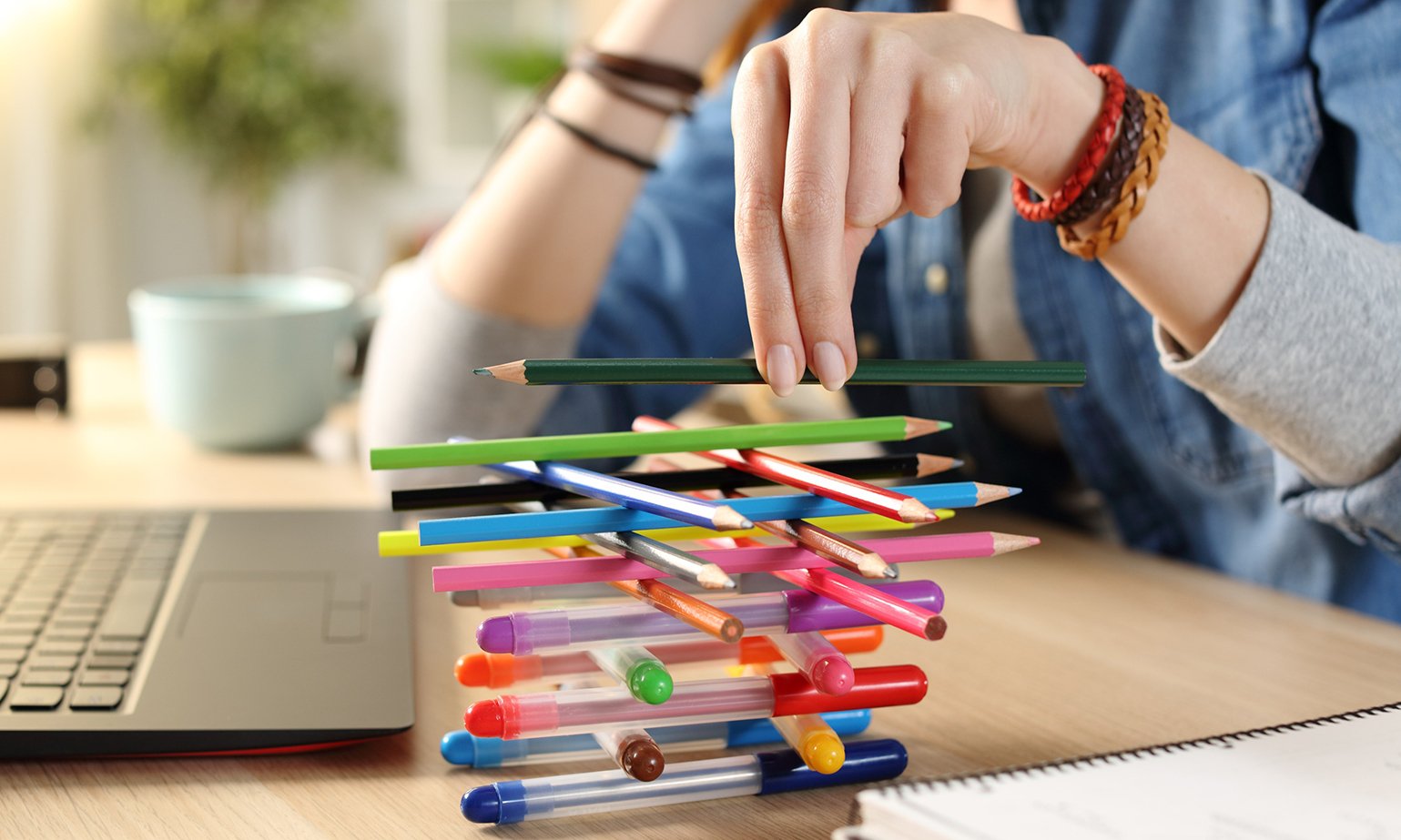
There are many effects of ADHD in one’s life. There can be both positive and negative on life. Some of these are:
Positive Effects of ADHD
People with ADHD have a number of strengths that can be helpful in managing their condition and living life to the fullest. Some of these include:
- They tend to look at problems from many different angles, which gives them unique insights into solving issues.
- Their disorganization also helps some people come up with fresh ideas because they’re not afraid of change or taking risks (although this is often more of a hindrance than a help).
- They are usually highly creative problem-solvers who don’t like routine tasks; it’s easy for them to find new ways around obstacles when needed.
- While some aspects may seem frustrating, those with ADHD should try looking at their symptoms as quirky personality traits rather than negative ones.
- It will help reframe the way you think about your ADHD, and instead of thinking of it as a problem to overcome will help you see the benefits.
Negative Effects of ADHD
ADHD can have a negative impact on many aspects of people’s lives.
- It can be difficult to concentrate at work or school, which can lead to missed deadlines and lower grades.
- People with ADHD may also be more likely to get into accidents due to their impulsive behavior.
- ADHD can also take a toll on relationships.
- People with ADHD may have trouble controlling their emotions, which can lead to fights or other problems in relationships.
Diagnosis of ADHD
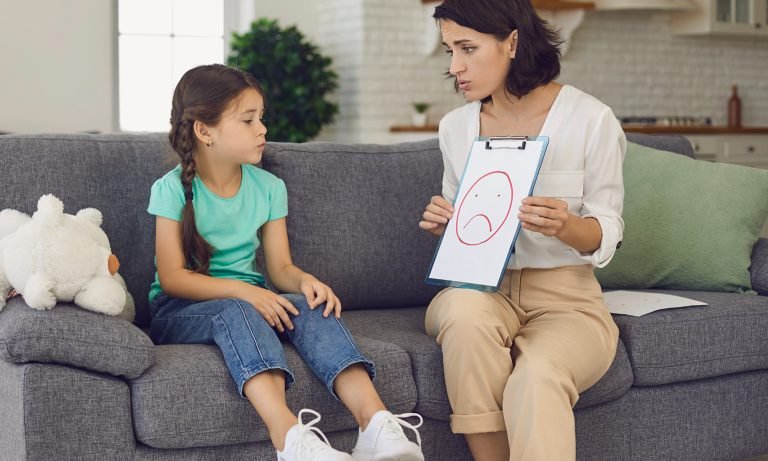
Diagnosis of ADHD is very important. When ADHD is untreated it can lead to problems in school, work, and relationships. If you or someone you know has symptoms of ADHD please see a doctor for a diagnosis. There are many other ways to diagnose ADHD such as:
A doctor can do a physical exam, hearing and vision tests, and other lab tests to tell if there are behavior problems caused by another condition.
A child psychiatrist or psychologist answers questions about ADHD based on the symptoms presented. This is usually accompanied by questionnaires for parents of children or adults who have ADHD symptoms. A teacher or employer may be able to provide useful information about how the person functions in different settings.
Treatment Options For ADHD

There is no cure for ADHD, but there are treatments that can help manage the symptoms. Some people may need medication to help control their symptoms, while others may benefit from therapy or lifestyle changes. There are many resources available to help people living with this condition.
Medication
Various ADHD medications are available, which include stimulants and non-stimulant medicines. They work by increasing the availability of certain neurotransmitters in the brain that affect attention span, focus, impulse control, and other symptoms of ADHD. When choosing medication for your child with ADHD it is important to discuss side effects as well as the effectiveness with a psychiatrist or pharmacist before making any decisions regarding treatment options.
Psychotherapy (Psychological Counseling)
 The goal here is to help children learn how to manage their behavior so they can improve school performance and interpersonal relationships at home and in social situations. Parents may also benefit from this type of therapy especially if they have trouble coping with an active child who has challenging behaviors. Psychotherapy is usually done in a setting such as a child’s home, school, or community center. It can also be conducted by telephone, email, and through online programs.
The goal here is to help children learn how to manage their behavior so they can improve school performance and interpersonal relationships at home and in social situations. Parents may also benefit from this type of therapy especially if they have trouble coping with an active child who has challenging behaviors. Psychotherapy is usually done in a setting such as a child’s home, school, or community center. It can also be conducted by telephone, email, and through online programs.
Cognitive-Behavioral Therapy (CBT)
It has been shown to improve ADHD symptoms among adults with this condition. Medication combined with CBT may lead to better results than either on its own for children who are still struggling despite the use of medication alone or those whose current medications aren’t working well enough anymore. It often takes some trial and error before finding what works best for a particular person; so it’s important that parents feel good about their treatment team and give feedback regularly regarding how they think things are going.
Parenting Training
Parent-training programs teach parents how to set limits on their child’s behavior, how to use positive reinforcement strategies and problem-solving skills. These sessions can be conducted in the home or classroom setting. They are also available as workbooks for children with ADHD that allow them to practice these behavioral techniques at home between visits with therapists.
Social Skills Training (SST)
SST teaches social interaction and communication skills, such as getting along with others, taking turns during games and conversations, apologizing when appropriate, participating actively in a discussion group, etc.
Academic Accommodations
If your child has been diagnosed with ADHD they may qualify by law to have certain educational needs met through special “academic accommodations.” Accommodations might include extended time on exams, preferential seating in the classroom, or allowing more frequent bathroom breaks.
Ways To Manage ADHD
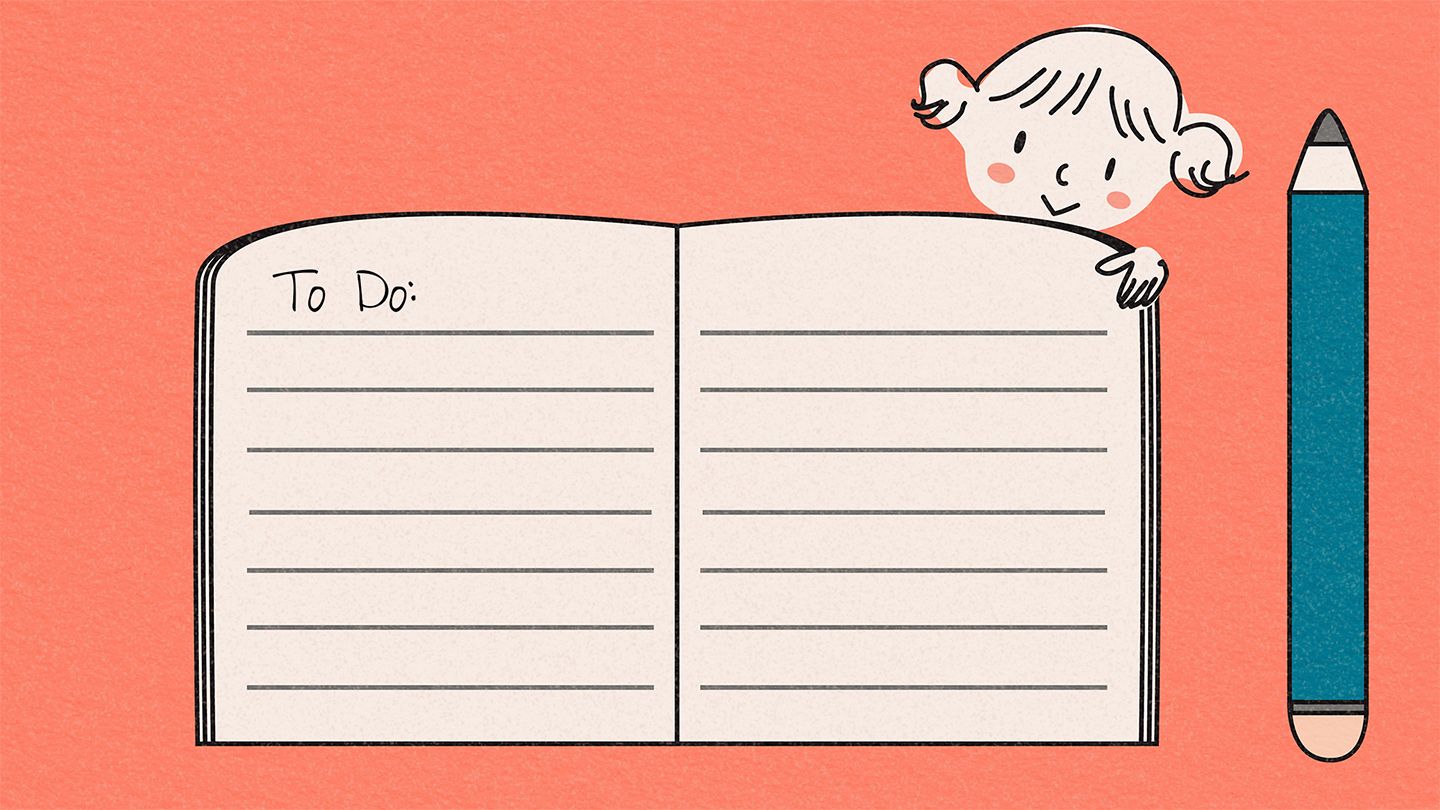
There are several things you can do to control the symptoms of ADHD, including:
- Focus on your strengths instead of dwelling on how different you feel from others.
- Seek out support groups or find an understanding friend who can listen to your concerns without judging you too harshly.
- Discuss treatment options and ask for help if necessary; don’t try to handle it all alone.
- Take care of yourself by getting enough sleep and eating well-balanced meals regularly (eat breakfast!).
- An exercise is a powerful tool in managing stress levels – even just taking a walk around the block when things start heading downhill will make a difference.
- Get organized so that tasks at home and work get done efficiently.
- Use a planner or app to keep track of appointments and tasks, then cross items off your list as you complete them. This will help create the structure that is often hard for people with ADHD to achieve on their own.
How To Help Someone With ADHD?
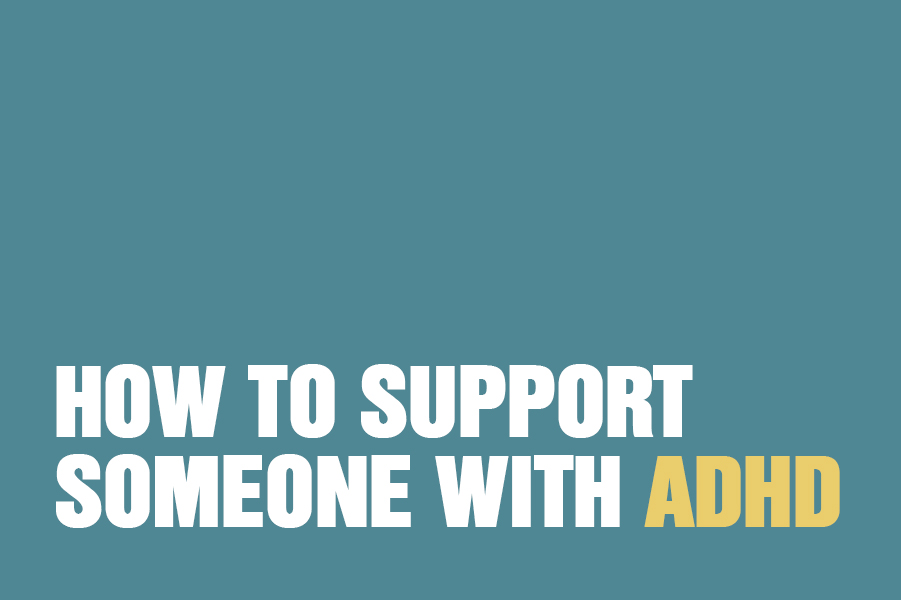
If you have a loved one who you believe may have ADHD it can be difficult to know where to start. The best way to help is by educating yourself about the condition and then providing emotional support. Here are some tips for how you can provide assistance:
- Be patient – It’s important not to get frustrated if your loved one with ADHD doesn’t seem to be making progress at first. Remember that they are dealing with a lifelong condition that requires ongoing treatment and patience from both of you is key.
- Offer encouragement – Let them know that you support their efforts to manage their ADHD and are there to help them in any way possible. Positive reinforcement will go a long way in helping them feel good about themselves and their abilities.
- Be a good listener – When they need to talk, be available and give them your undivided attention. Let them know that you care about what they have to say and feel free to offer advice or suggestions if asked.
- Create a support system – It can be helpful for both of you to connect with others who also have a loved one with ADHD. This will provide you with information, resources, and emotional support. You can find these groups online, in books, or through local organizations.
- Be organized – Help them create routines and systems that make it easier for them to stay on track. Offer assistance where needed and put yourself in charge of important tasks such as grocery shopping, paying bills, or keeping the house clean. This will take some of the stress off of them and make it easier for them to focus on other things.
Understanding ADHD can be difficult, but with patience, support and education you can provide the emotional stability your loved one needs to manage this condition.
Conclusion
If you or your child has ADHD, it can be hard to know what is going on in their brain. This blog post provides a breakdown of the symptoms and challenges that people with ADHD face every day so that we can better understand and empathize with them. Do any of these symptoms sound familiar? Are there ways that you could help someone who has been diagnosed with this condition feel less misunderstood by others? Remembering how hard life can be for those living with ADHD will make us more understanding and compassionate towards one another.
A Word From Therapy Mantra
Your mental health — your psychological, emotional, and social well-being — has an impact on every aspect of your life. Positive mental health essentially allows you to effectively deal with life’s everyday challenges.
Also, at Therapy Care, we have a team of therapists who provide affordable online therapy to assist you with issues such as depression, anxiety, stress, relationship, OCD, LGBTQ, and PTSD. You can take our mental health test. You can also book a free therapy or download our free Android or iOS app.
